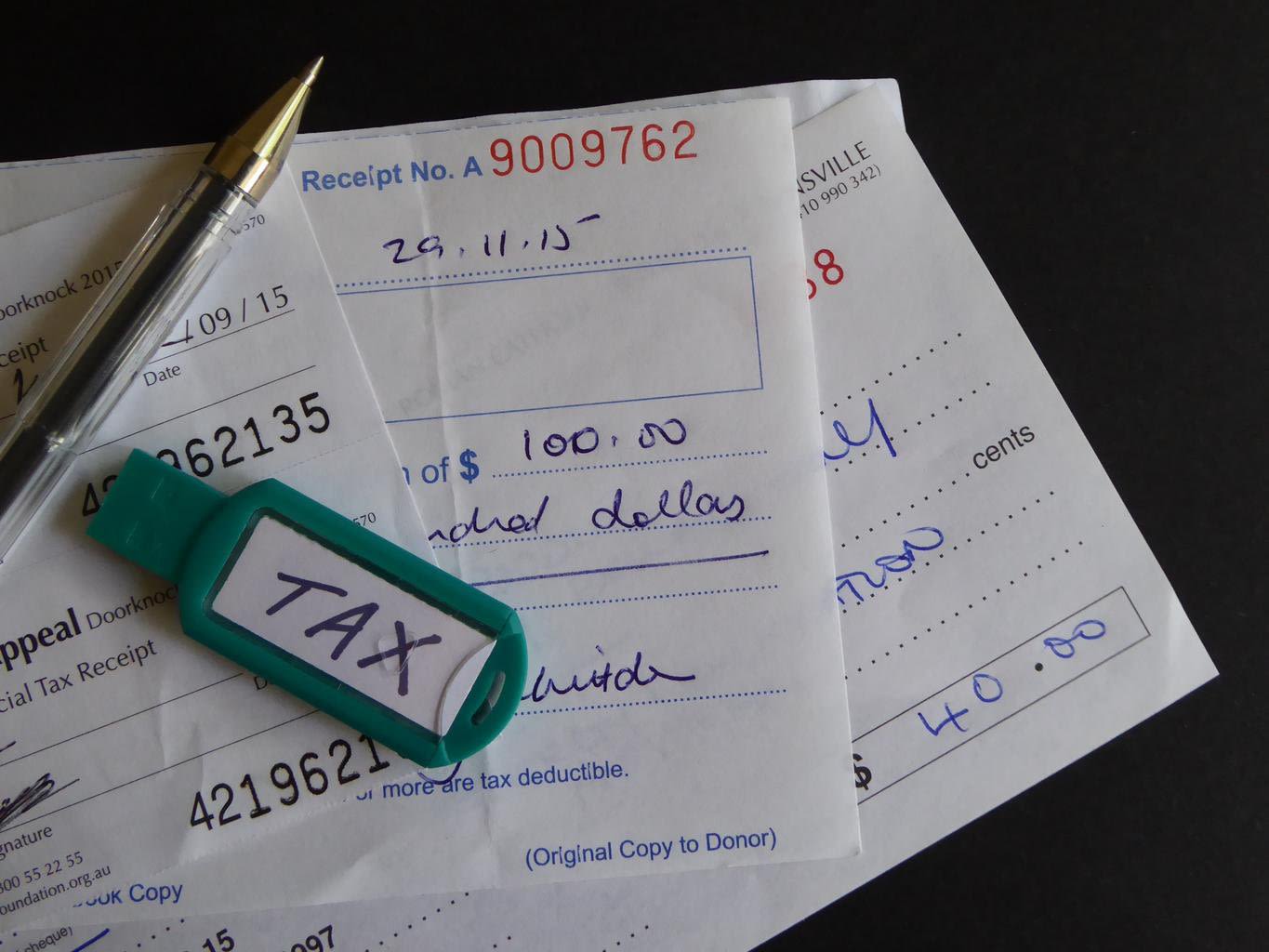
WHAT IF YOU CAN’T PAY THE IRS ON TIME?
It is possible that you could owe the government taxes on April 15th which you cannot pay. What should you do when you discover you owe the government more than you can possibly pay by the due date?
It is advisable to file your tax return on time and send in as much as you can; otherwise you will be faced with paying larger penalties. You can avoid tax fines by filing a timely extension and paying at least 90 percent of your total tax liability. You will still have to pay interest on any balance due.
The Internal Revenue Service (IRS) has a number of options available if payment is not made. They can attach your paycheck and seize your bank accounts and home, but they almost never take such drastic action if you earnestly try to pay your debt.
The key is communication. If you do not enclose a check when you file your return, you will eventually receive a letter demanding payment within ten days. The best advice here is do not ignore this notice--the IRS becomes tougher with each passing day. Just be sure to telephone or visit the IRS office listed on the delinquency notice. Do that immediately after receiving the first notice instead of waiting for the fourth and final one about three months later.
It is wise when meeting with the IRS to take along a professional tax advisor; your advisor may have the ability to get the IRS to agree to better terms than you can.
Once you have finalized your arrangements with the IRS, make a point of preventing it from happening again. If you are a wage earner, take fewer withholding allowances at work so more money for taxes will be deducted from your pay; if you are self-employed, increase your quarterly estimated tax payments. The key is to plan ahead for the inevitability of the tax bill.
